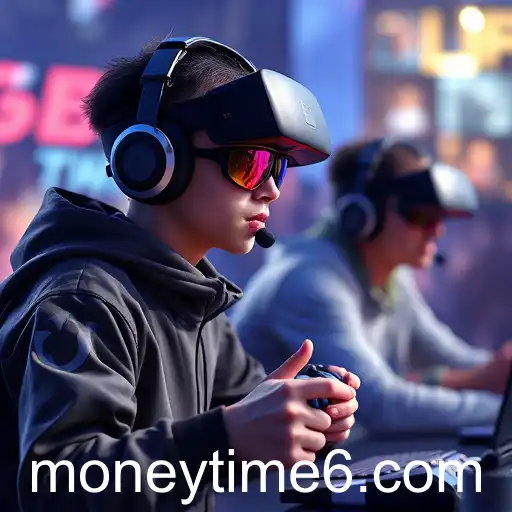
Explore the latest trends and dynamics in the online gaming industry as of 2025, highlighting innovations, economic impacts, and future directions.
As we move through 2025, the online gaming landscape continues to evolve, shaping new behaviors and expectations among its vast audience. One notable trend that has captured attention is the concept of 'money time' in English-speaking gaming websites. This term broadly refers to the crucial moments in gameplay where opportunity for monetary gain or loss is heightened. It highlights the growing intersection between gaming and real-world economics, a development that is reshaping how gamers approach their virtual experiences.
The rise of 'money time' is a testament to the increasingly sophisticated business models being adopted by game developers. Microtransactions, once a controversial addition, have now become a staple, providing players with the option to enhance their gameplay experience at a cost. Moreover, games incorporating blockchain technology allow players to own digital assets that have real-world value, further blurring the lines between virtual and actual economies.
Virtual reality (VR) is another frontier pushing the boundaries of online gaming. With advancements in VR technology, players are now able to immerse themselves in hyper-realistic environments, transforming gaming from mere entertainment into participatory experiences. This shift not only changes the way games are played but also how they impact social interactions and community building within digital spaces.
In response to these developments, regulatory bodies across the globe are beginning to scrutinize the implications of such innovations. Concerns over data privacy, gambling-like dynamics, and the psychological effects of immersive technology are prompting discussions on potential legislation to protect consumers without stifling innovation.
Looking to the future, the integration of artificial intelligence in gaming development promises to further personalize and enhance user experiences. These advancements suggest that 'money time' will not just be a moment within the game, but a continuous cycle of economic activity driven by consumer engagement and technological progress.
As we continue to witness these dynamic changes, players and industry stakeholders alike are left to ponder: What will the gaming world look like in another five years? The answer lies in the continued interplay of technology, economy, and human behavior, pushing the boundaries of what we once thought possible.




